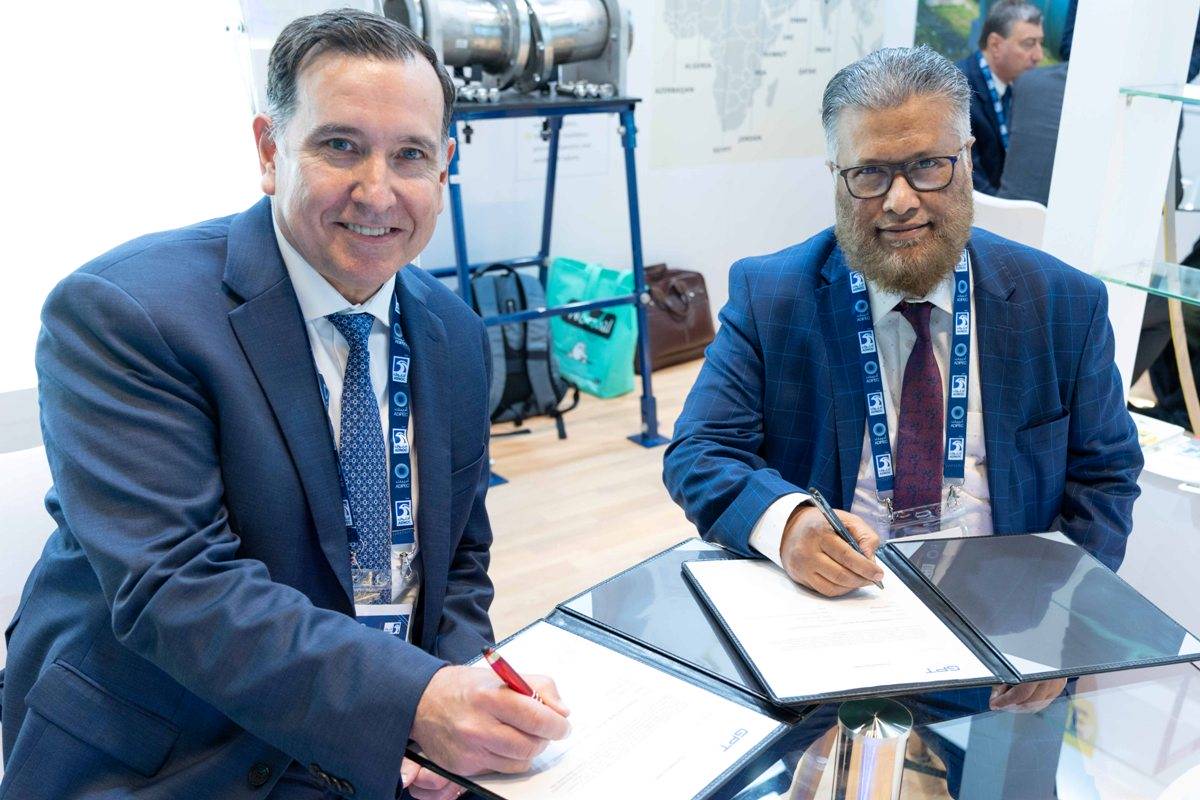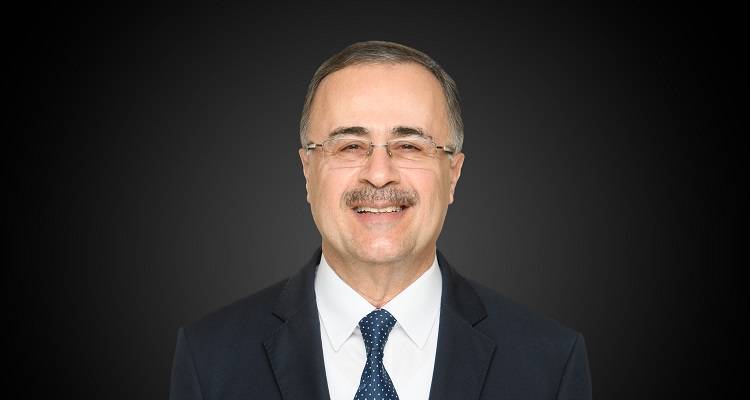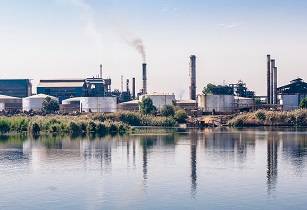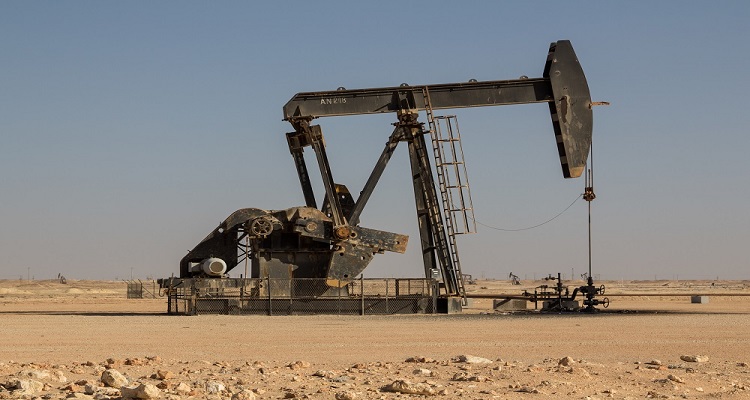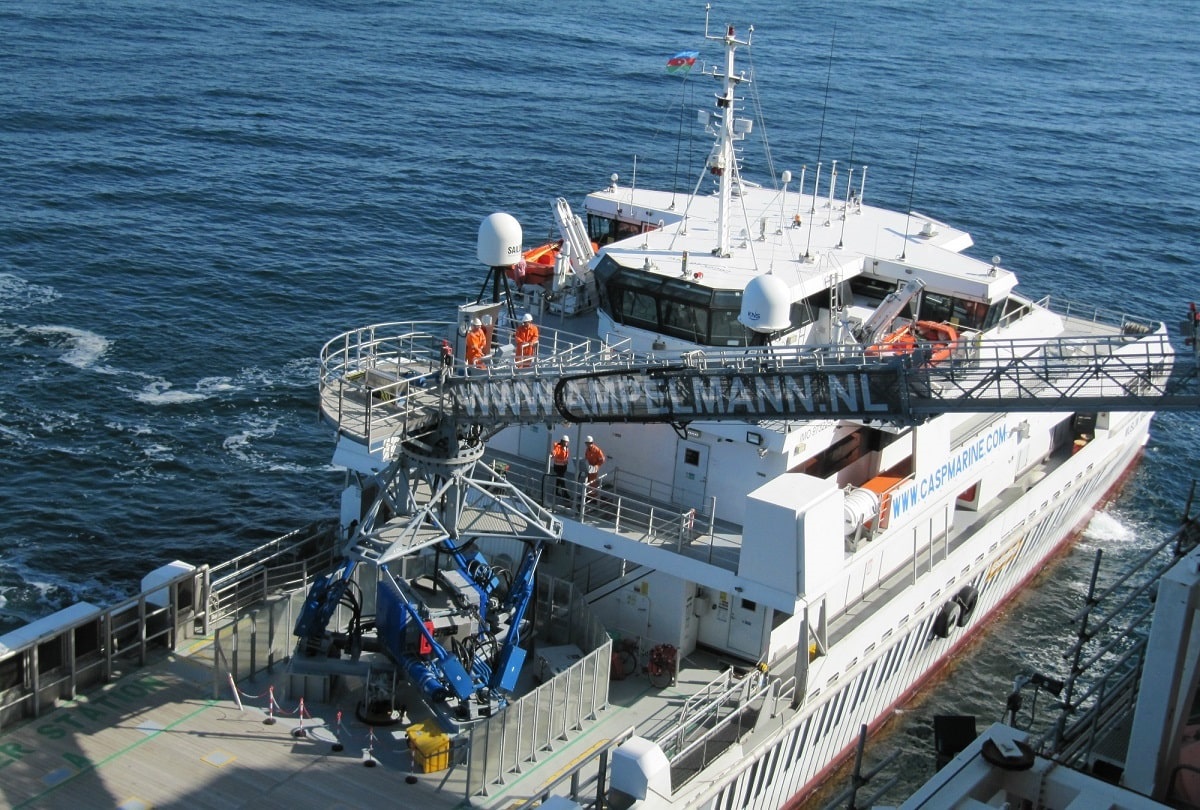The Energy Industries Council said that more than 150 UK-based energy companies attended the EIC Connect Oil, Gas & Beyond conference, signalling that businesses were encouraged about potential projects in the region after three tough years
EIC CEO Stuart Broadley said that it was "wonderful" to see a "buzz" returning to the sector.
"For the nearly 200 British suppliers that attended this flagship EIC Connect event, they are clearly well positioned to take advantage of the bow wave of projects currently being announced in the Middle East,” Stuart Broadley, said.
“We are seeing an equal split of upstream, midstream and downstream projects planned over the next six years globally, which is unusual, as well as continued investments in renewables and nuclear, all of which provides excellent opportunities for those UK businesses that are already well diversified across the energy space. Although Brexit may bring some uncertainty, the energy market is now starting to warm up and the EIC will do everything we can to help British businesses take advantage of opportunities all over the world,” Broadley, said.
The event included keynote speeches from Matar Al Neyadi, undersecretary, UAE Ministry of Energy and Industry, Saeed Mohammed Al Tayer, CEO, Dubai Electricity and Water Authority (DEWA), the British ambassador to the UAE Philip Parham.
Oil and gas and energy services companies like oil major BP, Dragon Oil, Emirates Nuclear Energy Corporation, McDermott, Petrofac, SNC-Lavalin, TechnipFMC and Wood also attended the conference.
ADNOC’s In Country Value (ICV) program manager Ali Foolathi said that the company had now made it mandatory for all suppliers to comply with the scheme aimed at creating jobs for Emiratis and growing use of locally sourced goods.
The company announced in February that it would begin implementing the ICV scheme which will use criteria to assess suppliers’ contribution to the economy regarding job creation and use of local goods and services.
The scheme is aimed at opening up the country’s private sector and diversifying the economy from oil revenues, which came under strain after oil prices dipped to multi-year lows.














